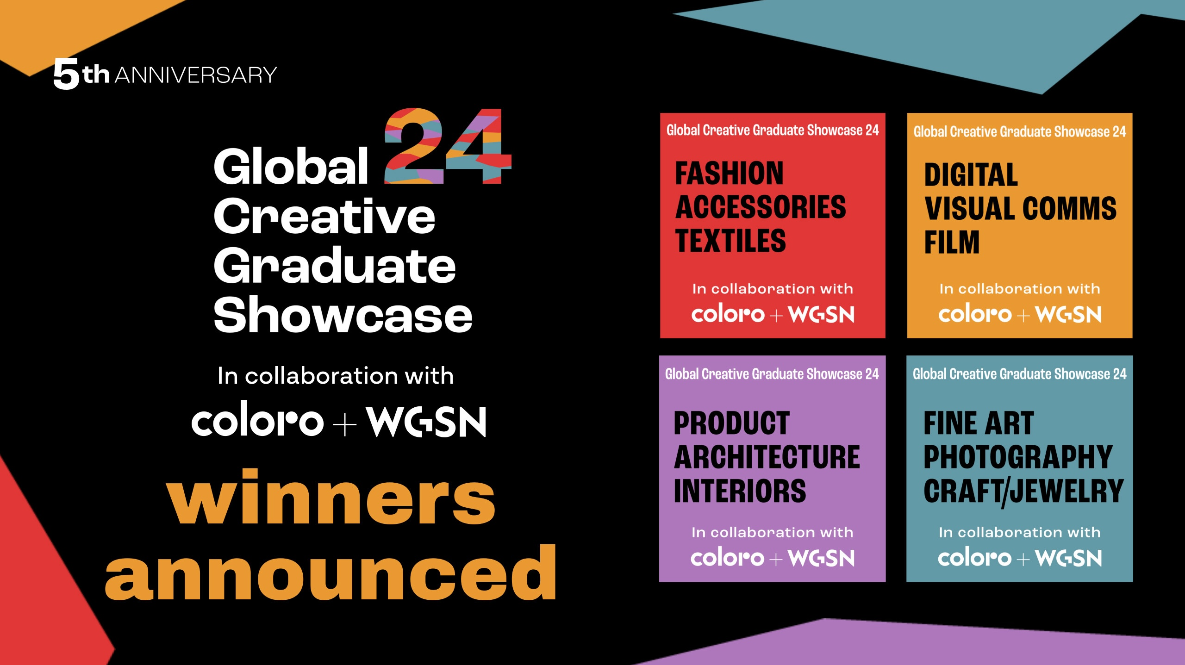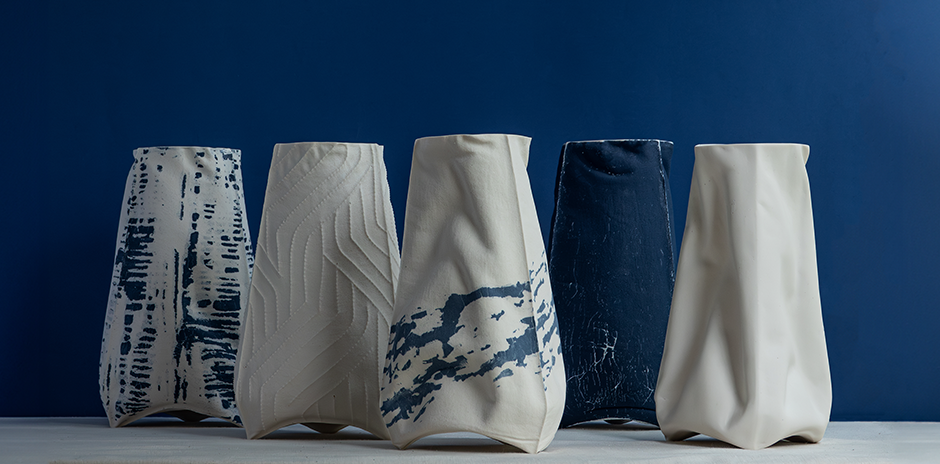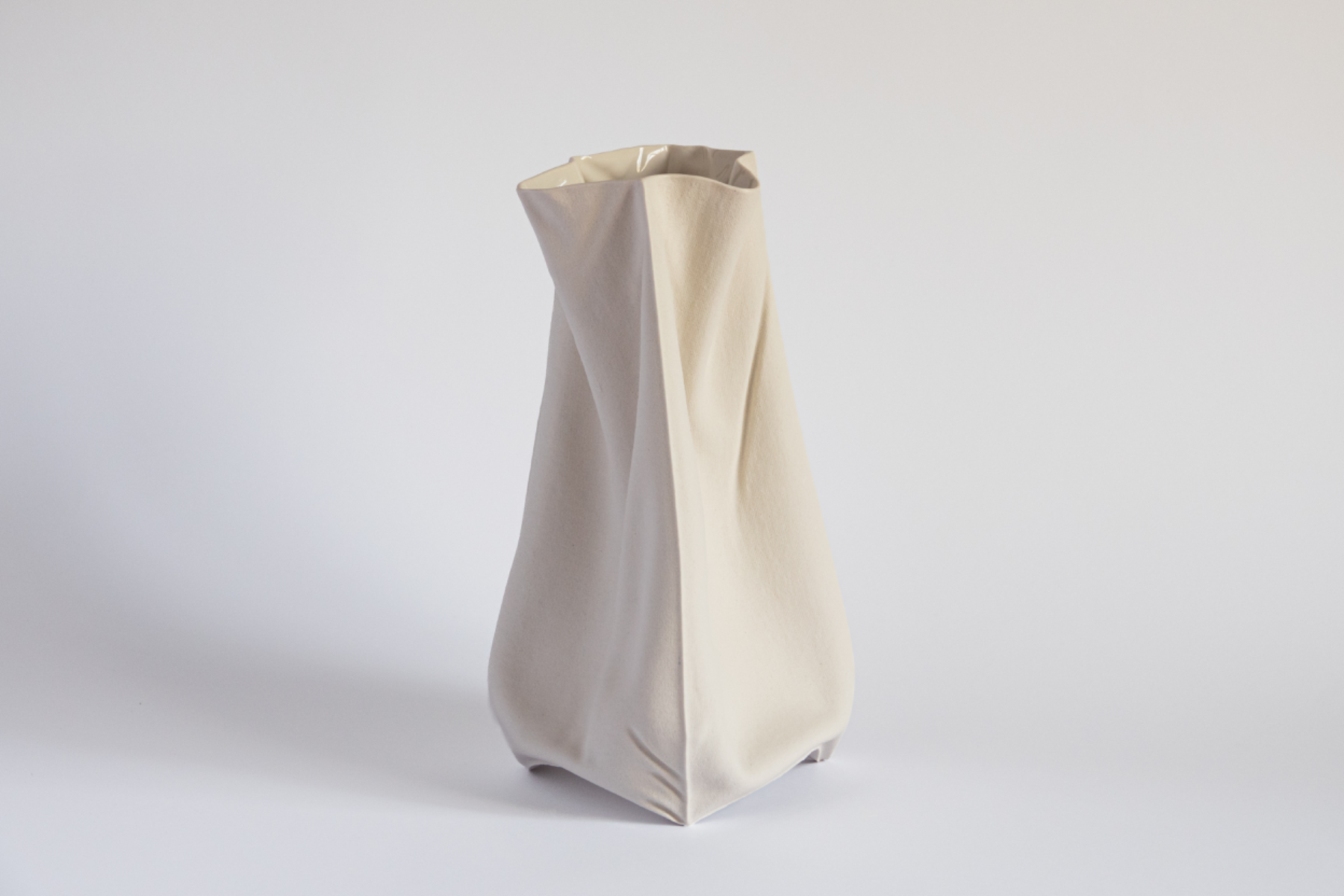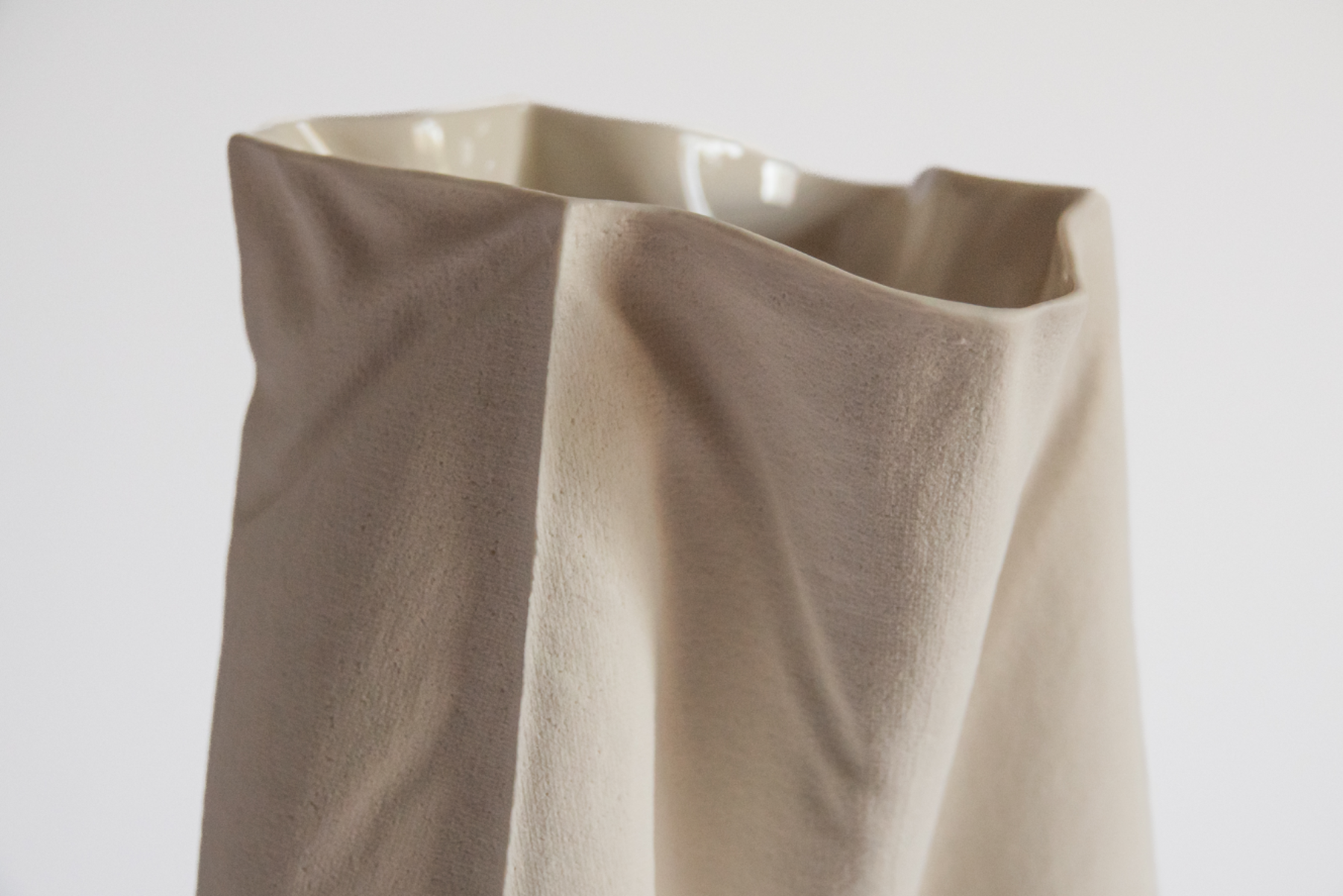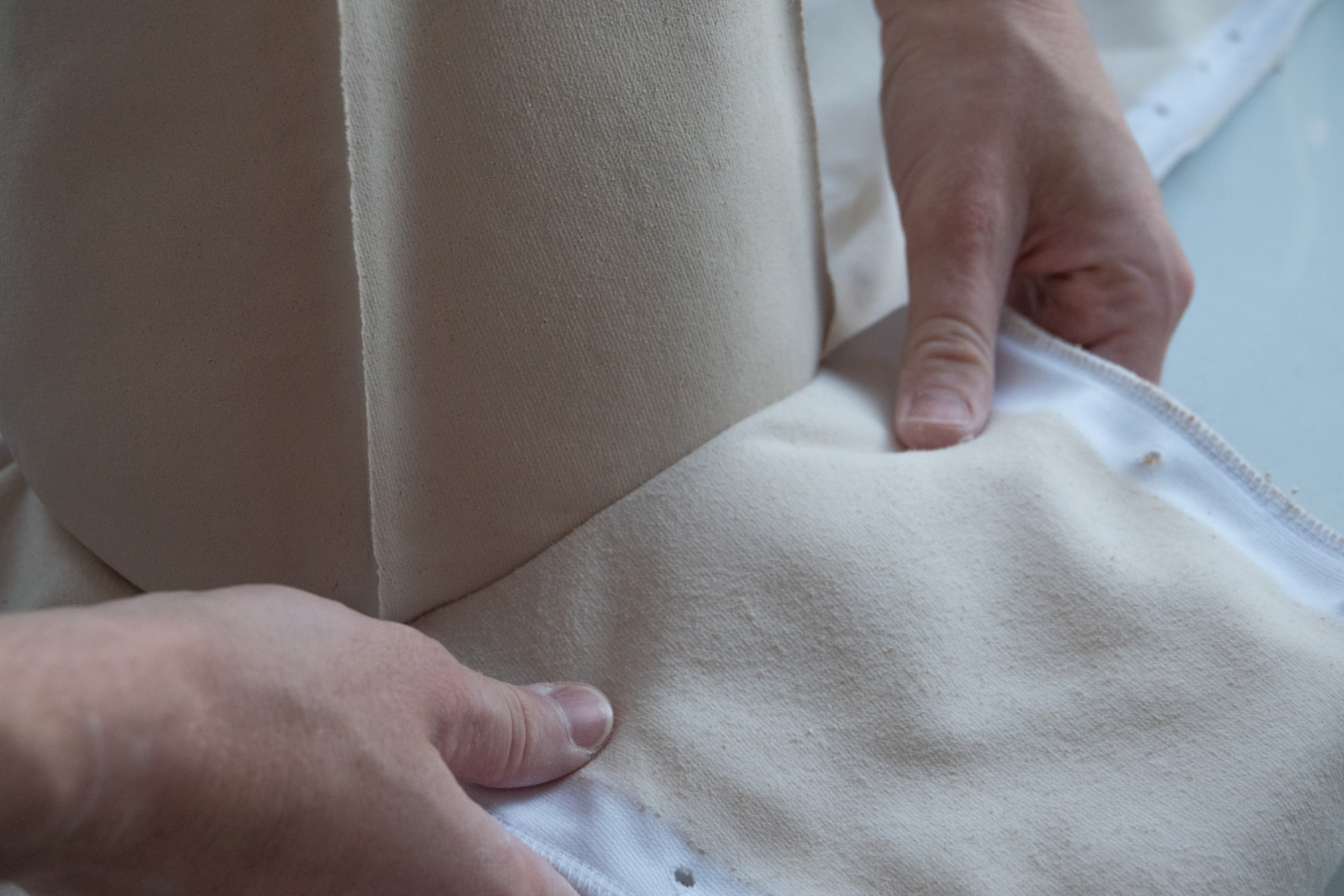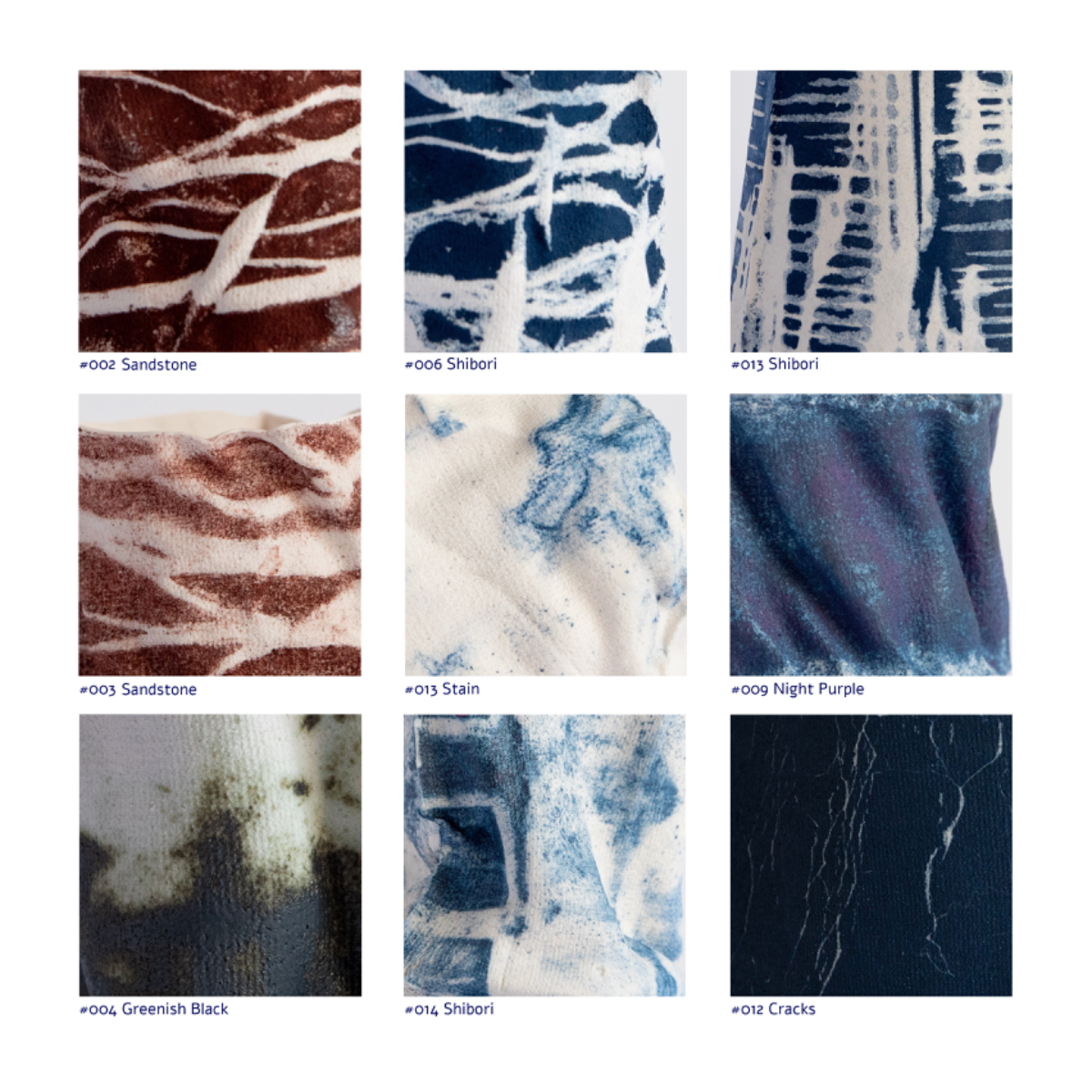Nir Neria
Product Design BA
Bezalel Academy of Arts and Design Jerusalem
Specialisms: Industrial Design / Material Innovation / Textiles
Location: Jerusalem, Israel


Nir Neria

First Name: Nir
Last Name: Neria
Specialisms: Industrial Design / Material Innovation / Textiles
Sectors:
My Location: Jerusalem, Israel
University / College: Bezalel Academy of Arts and Design Jerusalem
Course / Program Title: Product Design BA
About
forma fabrica: Innovative reusable fabric molds for slipcasting
Forma Fabrica is a novel technique of slip casting porcelain in custom made reusable fabric molds. The method incorporates computer design and modelling of the ceramicware and the fabric mold while allowing customization and modularity. The fabric molds are reusable and create a unique subtle form of every vessel casted. The technique also allows the implementation of color and texture by using the fabric as a medium. After the vessel is extracted from the mold, the fabric separates from the porcelain and the vessel is fired.
Competitions
